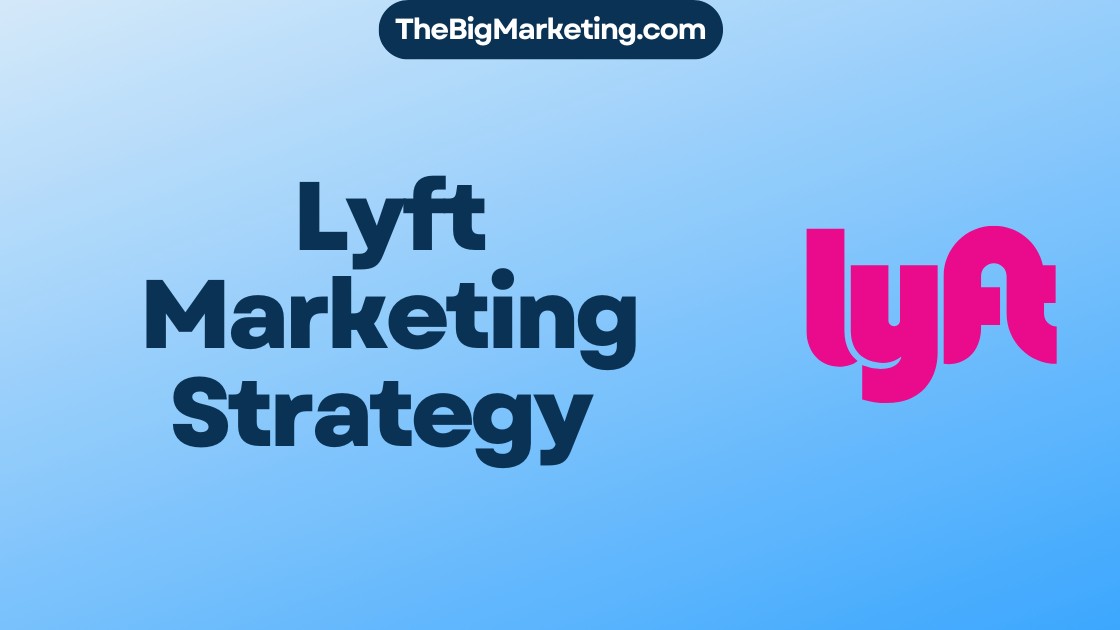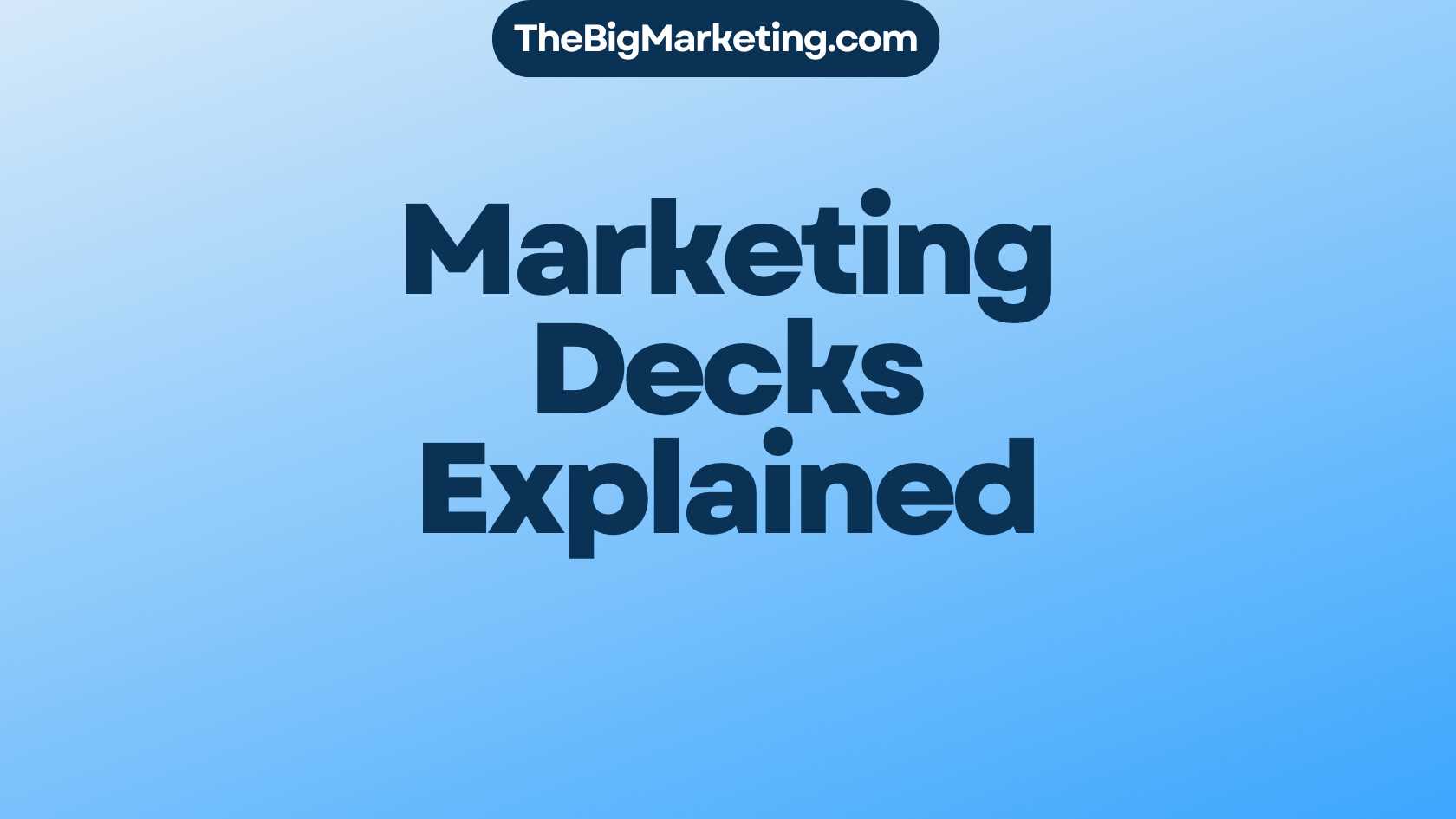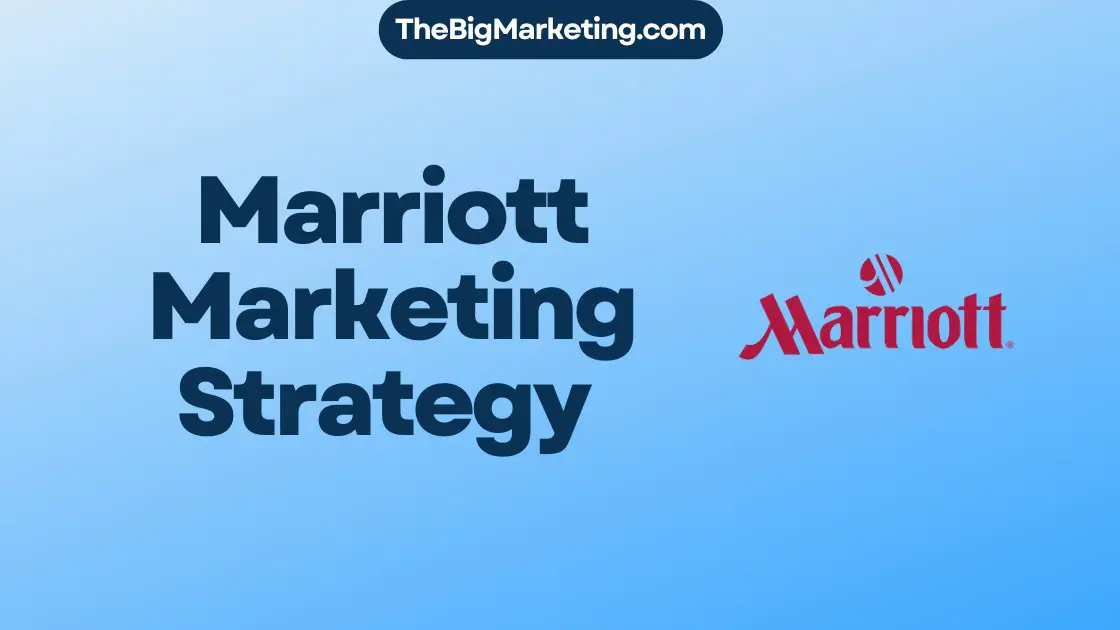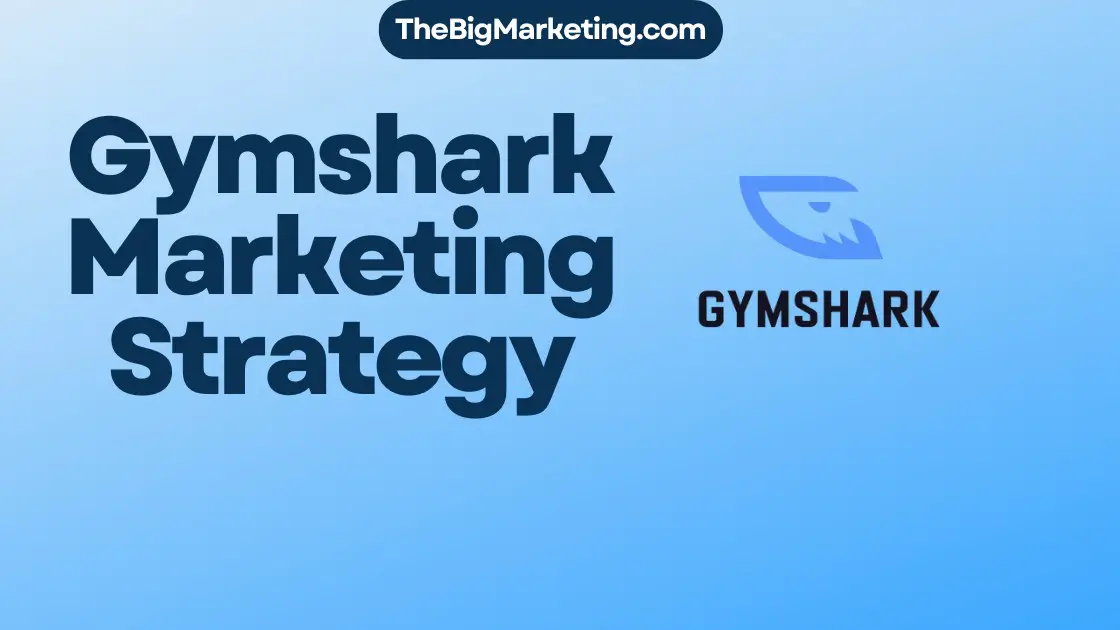Manufacturers must navigate the ever-changing landscape of consumer marketing to stay ahead and drive business growth. In 2024, it is crucial for manufacturers to adopt effective marketing strategies tailored to their industry. This article explores key marketing tactics and strategies, including industrial marketing strategies, factory marketing plans, and B2B marketing tactics for manufacturers.
To thrive in 2024, manufacturers must target specific audiences, leverage digital marketing techniques, incorporate content marketing, participate in trade shows and events, implement search engine optimization (SEO), and leverage pay-per-click advertising. By implementing these strategies, manufacturers can increase brand awareness, generate leads, and drive sales.
Key Takeaways:
- Target specific audiences to maximize the impact of marketing efforts.
- Utilize digital marketing techniques to reach a wider audience.
- Incorporate content marketing to establish industry expertise and engage potential customers.
- Participate in trade shows and events to showcase products and generate leads.
- Implement SEO strategies to improve website visibility and attract organic traffic.
Understanding Manufacturer Marketing
Manufacturing marketing plays a vital role in the growth and success of a company. It encompasses various strategies and techniques aimed at advertising and distributing products to customers. The ultimate goal is to drive sales and increase brand recognition. However, the manufacturing industry poses unique challenges that require tailored marketing strategies and the utilization of digital marketing techniques.
The marketing landscape in manufacturing differs between B2B (Business-to-Business) and B2C (Business-to-Consumer) marketing. Manufacturers need to understand these distinctions and develop strategies that cater to both types of customers. B2B marketing focuses on establishing strong relationships with other businesses and providing value-added solutions, while B2C marketing targets individual customers and emphasizes influencing purchase decisions.
Utilizing digital marketing techniques is imperative for manufacturers seeking to effectively reach their target audience and drive sales. By leveraging content-based marketing, manufacturers can create valuable and informative content that educates, engages, and attracts potential customers. This can include blog posts, eBooks, infographics, videos, and more.
Participating in trade shows and events is another successful digital marketing technique used by manufacturers. It allows companies to showcase their products directly to a targeted audience and generate leads. Additionally, search engine optimization (SEO) techniques ensure that a manufacturer’s website ranks higher in search engine results, increasing visibility and organic traffic.
Digital Marketing Techniques for Manufacturers:
- Content-based marketing: Creating informative and valuable content that resonates with the target audience.
- Trade shows and events: Participating to showcase products and generate leads.
- Search engine optimization (SEO): Optimizing website content to rank higher in search engine results.
- Social media marketing: Utilizing social media platforms to engage with the audience and build brand awareness.
By implementing these digital marketing techniques, manufacturers can overcome the challenges posed by the industry and effectively reach their target audience. These strategies help drive sales, increase brand recognition, and stay competitive in the ever-evolving manufacturing landscape.
Types of Digital Marketing for Manufacturers
In today’s digital age, manufacturers have a range of digital marketing options at their disposal to enhance their online presence and reach their target audience effectively. By leveraging these strategies, manufacturers can significantly improve their brand visibility, attract potential customers, and drive conversions. Some of the key digital marketing strategies for manufacturers include:
1. Content Marketing
Content marketing is a powerful strategy that involves creating and distributing valuable content to attract and engage potential customers. Manufacturers can create informative blog posts, eBooks, infographics, videos, and other forms of content to showcase their expertise, educate their audience, and build trust. By consistently delivering valuable content, manufacturers can establish themselves as industry leaders and generate leads.
2. Search Engine Optimization (SEO)
SEO is the process of optimizing a manufacturer’s website to improve its visibility and ranking in search engine results. By optimizing their website’s content, structure, and keywords, manufacturers can attract organic traffic and increase their chances of reaching potential customers. Effective SEO strategies involve keyword research, on-page optimization, technical improvements, and link-building activities.
3. Social Media Marketing
Social media marketing allows manufacturers to connect and engage with their audience on popular social media platforms such as Facebook, Instagram, Twitter, and LinkedIn. By sharing relevant content, showcasing products, and interacting with followers, manufacturers can build brand awareness, establish a strong online presence, and drive website traffic. Social media also offers opportunities for targeted advertising and remarketing campaigns.
4. Email Marketing
Email marketing remains a highly effective strategy for manufacturers to nurture leads, build customer relationships, and drive conversions. By sending personalized and targeted emails, manufacturers can deliver relevant content, promotional offers, and product updates directly to their subscribers’ inboxes. Email marketing allows manufacturers to stay top-of-mind with their audience and encourage repeat purchases.
Implementing a combination of these digital marketing strategies can help manufacturers effectively reach their target audience, improve their online visibility, and ultimately drive business growth.
Challenges in Manufacturing Marketing
Manufacturing marketing presents unique challenges that manufacturers must navigate to effectively promote their products and reach their target audience. Three key challenges include targeting specific audiences, generating qualified leads, and creating compelling content. Let’s explore these challenges in more detail.
Targeting Specific Audiences
One of the primary challenges in manufacturing marketing is identifying and targeting specific audiences. Unlike B2C marketing, where the target audience is often broad, manufacturers need to narrow their focus to reach the right B2B customers. This requires a deep understanding of the industry, potential buyers, and their specific needs. By creating buyer personas and conducting market research, manufacturers can develop targeted marketing strategies tailored to their ideal customers.
Lead Generation
Generating qualified leads is another challenge faced by manufacturers. B2B buyers typically have longer decision-making processes, making it crucial for manufacturers to nurture leads over time. Traditional methods such as cold calling and direct mail may not be as effective in the digital age. To overcome this challenge, manufacturers should leverage digital marketing techniques, such as search engine optimization (SEO), content marketing, and email marketing, to attract and engage potential buyers. By providing valuable content and establishing themselves as trusted industry experts, manufacturers can generate high-quality leads.
Creating Compelling Content
Content creation is often a challenge for manufacturers who may not have extensive experience in marketing and storytelling. However, creating compelling content is essential for capturing the attention of potential buyers and differentiating oneself from competitors. Manufacturers should focus on developing informative and engaging content that addresses the pain points and challenges faced by their target audience. This can include blog posts, case studies, videos, and infographics that showcase their expertise and provide valuable insights. By consistently delivering valuable content, manufacturers can establish themselves as thought leaders in their industry and build trust with their audience.
Overcoming these challenges in manufacturing marketing requires a strategic approach and a deep understanding of the target audience. By utilizing targeted marketing techniques, implementing effective lead generation strategies, and producing compelling content, manufacturers can drive brand awareness, generate qualified leads, and ultimately achieve success in the competitive manufacturing landscape.
| Challenges | Solutions |
|---|---|
| Targeting Specific Audiences | Create buyer personas Conduct market research Develop targeted marketing strategies |
| Lead Generation | Leverage digital marketing techniques Utilize SEO, content marketing, and email marketing Provide valuable content and establish expertise |
| Creating Compelling Content | Focus on developing informative and engaging content Showcase expertise through blog posts, videos, and infographics Consistently deliver valuable insights |
Developing a Comprehensive Marketing Strategy
A comprehensive marketing strategy is essential for manufacturers aiming to enhance brand awareness, drive sales, and maintain a competitive edge in the market. This strategy involves defining specific objectives, identifying target audiences, and selecting the most effective marketing methods. By investing in social media marketing, website content development, PPC advertising, and SEO, manufacturers can amplify brand visibility and effectively reach their intended audience. It is crucial to align marketing goals with overall business objectives and continually track key metrics to evaluate progress and adapt strategies accordingly.
Defining Objectives and Identifying Target Audiences
When developing a comprehensive marketing strategy, manufacturers need to establish clear objectives. Whether it’s increasing brand awareness, generating leads, or driving sales, these objectives serve as guiding principles for all marketing activities. Manufacturers should consider their unique value proposition and align their goals with their overall business objectives.
Example:
Let’s consider an electronics manufacturer looking to increase sales by targeting small business owners interested in office automation products. Their marketing objectives might include increasing website traffic, generating qualified leads, and achieving a conversion rate of 10% for their online sales.
Once objectives are defined, manufacturers must identify their target audiences. Understanding the demographics, behaviors, interests, and pain points of their ideal customers allows manufacturers to tailor their marketing efforts effectively.
Example:
For the electronics manufacturer targeting small business owners, their ideal customer persona might include professionals aged 25-45, who own or manage small businesses, and are seeking affordable and reliable office automation solutions.
Selecting Effective Marketing Methods
After defining objectives and identifying target audiences, manufacturers can select the most suitable marketing methods to achieve their goals.
Social Media Marketing: With the growing influence of social media platforms, manufacturers can leverage them to reach a wider audience, engage with potential customers, and build a strong online presence. Platforms like Facebook, LinkedIn, and Instagram provide opportunities for manufacturers to showcase their products, share educational content, and interact with their target audience.
Website Content Development: An engaging and informative website is a critical asset for manufacturers. By creating high-quality content such as blogs, case studies, and product videos, manufacturers can establish themselves as industry experts, attract potential customers, and provide valuable resources for their audience.
PPC Advertising: Pay-per-click advertising is an effective method for manufacturers to drive targeted traffic to their website. By targeting specific keywords and demographics, manufacturers can ensure that their ads are shown to individuals actively searching for their products or services. This helps increase brand visibility and generate qualified leads.
SEO: Search engine optimization is vital to improving website visibility and driving organic traffic. By optimizing website content, metadata, and incorporating relevant keywords, manufacturers can increase their search engine rankings and attract potential customers who are actively searching for related products or services.
Tracking Progress and Adjusting Strategies
Regularly tracking key metrics is crucial for manufacturers to evaluate the effectiveness of their marketing strategies. By analyzing data such as website traffic, conversion rates, click-through rates, and social media engagement, manufacturers can gain valuable insights into the performance of their marketing efforts.
Example:
The electronics manufacturer may track metrics such as website traffic, lead conversion rates, and social media engagement to assess the success of their marketing campaigns. By identifying areas of improvement and monitoring consumer behavior, manufacturers can adjust their strategies to optimize results and drive increased sales.
By developing a comprehensive marketing strategy that aligns with their objectives, targets the right audience, utilizes suitable marketing methods, and tracks key metrics, manufacturers can effectively increase brand visibility, drive sales, and maintain their competitive advantage in the market.
Setting Marketing Goals
Setting strong marketing goals is crucial for manufacturers to prioritize their objectives and accurately assess their progress. By establishing clear goals, manufacturers can align their marketing efforts with their overall business objectives, ensuring a strategic approach that drives results. When defining marketing goals, it is essential to consider key metrics that provide measurable insights into the success of marketing campaigns.
To effectively set marketing goals, manufacturers should first identify their business objectives. These objectives may include increasing sales, expanding market share, launching new products, or improving brand awareness. By understanding the overarching goals of the business, manufacturers can then define marketing objectives that directly contribute to these goals.
Marketing objectives should be specific, attainable, and time-bound. They should be aligned with the overall business objectives and encompass the desired outcomes of marketing campaigns. Examples of marketing objectives for manufacturers may include:
- Increase website traffic by 20% within three months
- Generate 50 qualified leads per month through digital marketing efforts
- Improve brand recognition and awareness among target audience by 25%
Once marketing goals have been set, it is important to track key metrics that indicate progress and success. These metrics may include page visits, click-through rates, conversion rates, duration on the page, lead generation, and sales figures. By regularly monitoring these metrics, manufacturers can identify areas of improvement, refine their marketing strategies, and optimize their campaigns for better results.
Example marketing goals for a manufacturing company:
| Marketing Goal | Key Metric | Target |
|---|---|---|
| Increase website traffic | Page visits | 20% increase within 3 months |
| Generate qualified leads | Lead generation | 50 leads per month |
| Improve brand awareness | Brand recognition | 25% increase among target audience |
By setting marketing goals, manufacturers can focus their efforts, measure progress, and make data-driven decisions to optimize their marketing strategies. Whether it’s increasing website traffic, generating leads, improving brand awareness, or achieving other marketing objectives, clear goals combined with effective tracking and analysis of key metrics are essential for driving success in manufacturing marketing.
Identifying Your Target Audience
Identifying the target audience is a critical step for manufacturers to ensure that their marketing efforts effectively reach the right individuals. By understanding the buyer persona and the buyer’s journey, manufacturers can tailor their strategies to resonate with their target audience and maximize the impact of their campaigns.
Targeting the right audience involves gaining a deep understanding of their needs, behaviors, interests, and demographics. Manufacturers need to create detailed buyer personas that represent their ideal customers. These personas should encompass key characteristics such as age, gender, location, job role, challenges, and goals.
Furthermore, understanding the buyer’s journey is crucial for manufacturers to deliver the right content at each stage of the purchasing process. The buyer’s journey typically consists of three stages: awareness, consideration, and decision. Manufacturers should develop marketing materials and messages that address the specific needs and concerns of their target audience at each stage.
To illustrate the importance of identifying the target audience, consider the following example:
Example: Buyer Persona and Journey

| Buyer Persona: Paul, the Engineer | Buyer’s Journey |
|---|---|
|
|
By identifying target audiences and understanding their buyer persona and journey, manufacturers can create personalized marketing campaigns that resonate with their ideal customers. Whether it’s developing targeted advertisements, producing relevant content, or engaging on social media platforms, these strategies will drive engagement, foster loyalty, and ultimately, increase sales.
Top Manufacturer Marketing Strategies
To succeed in today’s competitive landscape, manufacturers need to implement effective marketing strategies. This section explores six top strategies that can help manufacturers increase brand awareness, generate leads, and drive sales.
1. Trade Shows and Events
Participating in trade shows and events provides manufacturers with the opportunity to showcase their products, network with industry professionals, and generate valuable leads. By having a presence at these events, manufacturers can engage directly with potential customers and gain exposure in their target market.
2. SEO (Search Engine Optimization)
Implementing SEO techniques is crucial for improving website visibility and attracting organic traffic. By optimizing website content, meta tags, and keywords, manufacturers can improve their search engine rankings and increase their chances of being found by potential customers.
3. Pay-Per-Click (PPC) Advertising
PPC advertising allows manufacturers to drive targeted traffic to their website by placing ads on search engines and websites. By carefully selecting keywords, creating compelling ad copy, and targeting specific demographics, manufacturers can reach their ideal audience and drive qualified leads to their website.
4. Social Media Marketing
Social media marketing is a powerful tool for manufacturers to build brand awareness, engage with their audience, and promote their products. By creating compelling content, interacting with customers, and utilizing targeted advertising, manufacturers can effectively reach their target market and build a loyal customer base.
5. Email Marketing
Email marketing is an effective way for manufacturers to nurture leads and drive conversions. By creating personalized and engaging email campaigns, manufacturers can keep their audience informed about new products, promotions, and industry insights, ultimately increasing sales and customer loyalty.
6. Content Marketing
Content marketing involves creating valuable and informative content to attract, engage, and educate potential customers. By producing blog posts, eBooks, infographics, and videos, manufacturers can establish themselves as industry experts, build trust with their audience, and create a loyal customer base.
By incorporating these top marketing strategies into their overall marketing plan, manufacturers can effectively reach their target audience, increase brand visibility, and drive successful marketing campaigns.
Content Marketing
Content marketing plays a vital role in enabling manufacturers to establish their expertise, promote their products, and attract potential customers. By creating and distributing valuable content, manufacturers can effectively engage their target audience and drive more sales. Content marketing encompasses various formats, including blog posts, eBooks, infographics, case studies, videos, and additional resources.
Types of Content in Manufacturing Marketing
In the realm of content marketing for manufacturers, there are several types of content that can be utilized to capture the attention of potential customers. These include:
- Blog Posts: Regularly publishing informative and engaging blog posts helps manufacturers establish thought leadership, share valuable insights, and address customer pain points.
- eBooks: Creating in-depth eBooks allows manufacturers to dive deeper into specific topics, providing valuable knowledge and expertise to their audience.
- Infographics: Infographics are visually compelling tools that enable manufacturers to convey complex information in a concise and easily digestible format.
- Videos: Videos are highly engaging and effective in showcasing manufacturing processes, product demonstrations, and customer testimonials.
By leveraging these content formats, manufacturers can position themselves as industry experts, build trust with their audience, and ultimately drive more traffic and conversions.
The Impact of Valuable Content
Valuable content is the foundation of a successful content marketing strategy for manufacturers. By providing meaningful information and insights in their content, manufacturers can attract and captivate their target audience, leading to increased engagement and conversion rates. Valuable content demonstrates a manufacturer’s expertise, addresses customer pain points, and provides solutions, positioning the brand as a trusted source of information in the industry.
Furthermore, valuable content enhances search engine optimization (SEO) efforts by improving organic search rankings. When manufacturers create content that satisfies user intent and provides relevant information, search engines recognize the value and relevance of the content, leading to higher visibility in search results.
Building a Content Marketing Strategy
To develop an effective content marketing strategy, manufacturers should follow a systematic approach:
- Identify target audiences: Manufacturers need to understand their target audiences and tailor their content to address their specific needs and pain points.
- Create a content calendar: Planning and organizing content creation helps manufacturers remain consistent in their efforts and ensures a steady flow of valuable content.
- Research and analyze: Manufacturers should conduct research to identify trending topics, keywords, and industry insights that can inform their content creation process.
- Promote and distribute: Distributing content through various channels, such as social media, email marketing, and industry publications, helps manufacturers reach a broader audience and maximize visibility.
- Analyze and optimize: Regularly analyzing the performance of content allows manufacturers to identify what resonates with their audience and make necessary optimizations for continuous improvement.
Content Marketing Table:
| Content Format | Key Benefits |
|---|---|
| Blog Posts | Establish thought leadership, address customer pain points, and drive organic traffic. |
| eBooks | Dive deeper into specific topics, provide valuable knowledge, and capture leads. |
| Infographics | Convey complex information in a visually appealing and easily digestible format. |
| Videos | Showcase products, manufacturing processes, and customer testimonials in an engaging way. |
Conclusion
In 2024, the world of manufacturing marketing offers tremendous potential for growth and success. By adopting effective marketing strategies tailored to their specific manufacturing categories, manufacturers can seize the opportunities presented by the promising year ahead. One key strategy that is crucial for success is growth marketing, which emphasizes experimentation, staying agile, and keeping up with market trends.
Additionally, manufacturers should leverage digital tools to enhance their marketing efforts and reach their target audience effectively. Embracing content creation as a cornerstone of their marketing strategy allows manufacturers to showcase their expertise, build trust, and attract potential customers. Furthermore, manufacturers should prioritize sustainability and social responsibility in their marketing efforts, aligning with the growing demand for environmentally conscious practices from consumers.
Investing in innovation and emerging technologies is another critical aspect that can contribute to ongoing growth and success in the manufacturing landscape. By staying informed about technological advancements and adapting their strategies accordingly, manufacturers can stay ahead of the competition and meet the evolving needs of their customers.
In conclusion, 2024 holds great promise for manufacturers who embrace effective marketing strategies, such as growth marketing, tailored marketing approaches, content creation, and customization for specific manufacturing categories. By adopting a forward-thinking mindset, leveraging digital tools, prioritizing sustainability, and investing in innovation, manufacturers can position themselves for ongoing growth and success in the dynamic manufacturing industry.
FAQ
What are some effective marketing strategies for manufacturers in 2024?
Some effective marketing strategies for manufacturers in 2024 include targeting specific audiences, utilizing digital marketing techniques, incorporating content marketing, participating in trade shows and events, implementing search engine optimization (SEO), and leveraging pay-per-click advertising.
Why is manufacturing marketing important?
Manufacturing marketing is important for a company’s growth and success as it involves advertising and distributing products to customers with the goals of driving sales and increasing brand recognition.
What are some digital marketing techniques that manufacturers can utilize?
Manufacturers can utilize various digital marketing techniques such as content marketing, search engine optimization (SEO), social media marketing, and email marketing to effectively reach their targeted audience and drive sales.
What are some challenges in manufacturing marketing?
Some challenges in manufacturing marketing include targeting specific audiences, generating qualified leads, and creating compelling content that resonates with the target audience.
How can manufacturers develop a comprehensive marketing strategy?
To develop a comprehensive marketing strategy, manufacturers should define specific objectives, identify their targeted audiences, and select the most effective marketing methods such as social media marketing, website content development, pay-per-click advertising, and SEO.
Why is setting marketing goals important for manufacturers?
Setting marketing goals is important for manufacturers to prioritize their objectives, assess progress accurately, and align marketing efforts with overall business objectives.
How can manufacturers identify their target audience?
Manufacturers can identify their target audience by understanding the buyer persona and the buyer’s journey. This allows them to tailor their marketing efforts to resonate with their target audience’s needs, behaviors, interests, and demographics.
What are some top marketing strategies for manufacturers?
Some top marketing strategies for manufacturers include participating in trade shows and events, implementing search engine optimization (SEO) techniques, utilizing pay-per-click advertising, engaging in social media marketing, and leveraging email marketing.
How can manufacturers utilize content marketing?
Manufacturers can utilize content marketing by creating and distributing valuable content such as blog posts, eBooks, infographics, case studies, videos, and additional resources. This allows them to establish industry expertise, build trust, improve SEO efforts, and ultimately drive more sales.
What opportunities does the year 2024 present for manufacturers?
The year 2024 presents opportunities for manufacturers to thrive by adopting effective marketing strategies, embracing digital tools, focusing on sustainability and social responsibility, and investing in innovation and emerging technologies.







